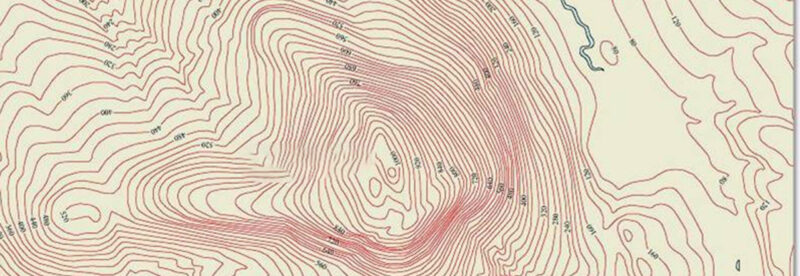In our last issue of the year, we share work that explores a moment of change — an often unarticulated, sometimes unnoticed moment where our worlds, individual and collective, seem to cleave.
To do so, April Zhu and Theo Aalders must complicate nonfiction forms. Neither journalism nor essay, exactly, “Vanishing Line” follows a road in Kenya’s neglected northern region — from the headlines it garners as a frequent site of IED explosions and other acts of terrorism through its unfulfilled promise of economic development and back still, to the British colonial conquest.
N.C. Happe, meanwhile, near-perfects the personal essay to interrogate conventions around violence — daring to suggest there may even be some beauty there. And in a Spotlights selection from the Palestinian magazine Fikra, an essay by Samar Batrawi, whose memories of surviving the Second Intifada blur, as we read them now, the conjunctive ease between before and after.
Ocean Vuong gets a dog, in an act of poetry that is, of course, about so much more. Tracy Fuad’s “Song” is up-close and sensuous; Lucas Crawford’s spoon spills over; and S. Yarberry’s “The Roberts Poems” — our final Anthologia of the year — unfurl “The world / the want” around us.
In conversation with Ashley Nelson Levy, Amanda Montei unpacks the connections articulated in her body between motherhood, rape culture, and the longing to be untouched.
In “Ground Zero,” a new short story by Bobuq Sayed, an Afghan in the United States comes to realize he’s been made a pawn in the narrative battle that objectifies his country — and that he has done damage to himself, and to one of his few real friends, as he copes.
We also have new fiction from Scott Broker, a gallery of artwork from Gaza — and an open call to U.S. museums by a curator-activist — and an interview with Kevin Gonzales, Stewart Sinclair that looks at the politics of joy, via juggling.
